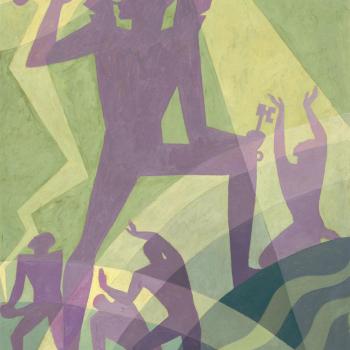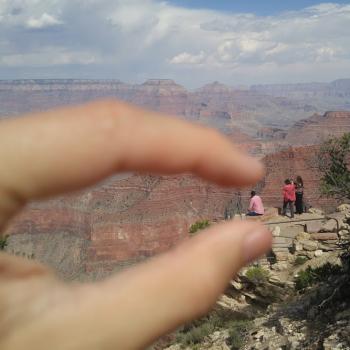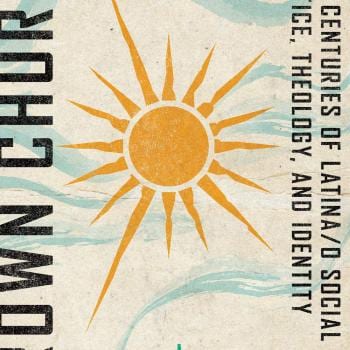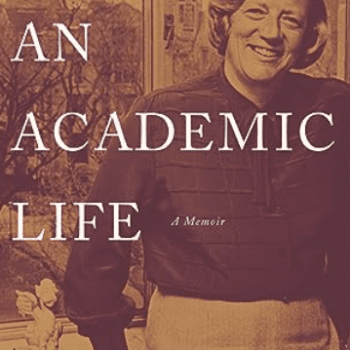Those who profess to dislike history may as well profess to dislike people. ~Everett Ferguson

I like people. I enjoy meeting new people and getting to know them–whether they are dead or alive. For me, meeting new people from the past and growing in my understanding of them make history fun. If I did not like people, I would not like history.
Some of the most delightful moments in the vocational aspects of history come when I uncover surprising facts about people–not necessarily brand new facts, but simply facts that are new to me. The moment may come as I prepare a new lecture or read a book review on a topic I do not regularly study. The most enjoyable, however, come when sifting through primary source material for a research project.
As much as we historians try to embark on our research with a blank slate (or tablet), most of us know a bit about our subjects before we begin to dig into old letters, papers, and ephemera. Often that knowledge shapes our expectations as we research. But history surprises us, sometimes in some significant ways. In my own research, which focuses on post-war American evangelicalism, I have been surprised both in (historically) significant and more banal ways.
Several years ago, I spent the better part of a week sifting through the largely unprocessed Carl Henry papers at Trinity Evangelical Divinity School. Over the course of that week, as I got to know him better, Carl Henry surprised me several times.  On a more mundane matter, imagine my surprise when I learned that Henry used a Cokesbury Daily Suggester in 1960, the exact same appointment book that I used at the time. He had misplaced his while teaching at a World Vision pastor’s conference in South America. Mine was in my back pocket. A silly connection, but one that was kind of exciting! On a more serious note, I also learned that while Henry supported President Nixon’s re-election campaign, he did not support President Ford’s decision to pardon him. In correspondence, Henry chastised a man who had written to him expressing his conviction that the pardon accomplished “justice.” Henry lambasted the man, lamenting that he and other evangelicals misappropriated the term and misunderstood the biblical definition of it.
On a more mundane matter, imagine my surprise when I learned that Henry used a Cokesbury Daily Suggester in 1960, the exact same appointment book that I used at the time. He had misplaced his while teaching at a World Vision pastor’s conference in South America. Mine was in my back pocket. A silly connection, but one that was kind of exciting! On a more serious note, I also learned that while Henry supported President Nixon’s re-election campaign, he did not support President Ford’s decision to pardon him. In correspondence, Henry chastised a man who had written to him expressing his conviction that the pardon accomplished “justice.” Henry lambasted the man, lamenting that he and other evangelicals misappropriated the term and misunderstood the biblical definition of it.
In teaching, I often use similar historical surprises to help keep students engaged during lectures or discussion. As a teaching assistant at Vanderbilt Divinity School, it surprised my progressive students to learn that Clarence Darrow (1857-1938) employed evolution as an argument in his 1924 defense of the murderers of fourteen-year-old Bobby Frank. The students deemed Darrow a hero for his vigorous attack on Tennessee’s anti-evolution laws in the John Scopes “monkey trial” the following year. Using evolution to defend the calculating killers Nathan Leopold and Richard Loeb did not fit the script. Similarly, it often bewilders more conservative students to learn that William Jennings Bryan (1860-1925), Darrow’s antagonist at Dayton, protested evolution primarily due to what he perceived as its implications: the Social Darwinism of unfettered capitalism. They sometimes find it difficult to grasp that such a conservative theological figure could take such a progressive economic stance.
History surprises. For me, such historical surprises make the vocation fun.
*Church History, Volume 1: From Christ To Pre-Reformation (Grand Rapids: Zondervan, 2005), 25.
















